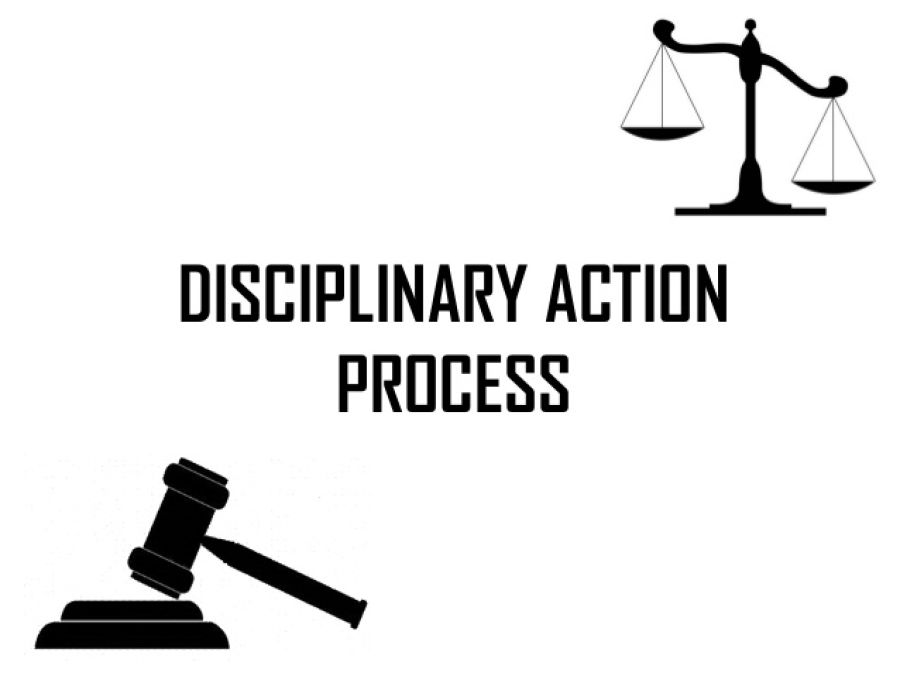Case Studies

Case Studies
Call us today for a free initial consultation on 0800 772 0341
Finding the right words to resolve a disciplinary problem
Published 14 December 2018


Getting to truth of a disciplinary matter when employees make tit-for-tat allegations can be a problem.
Florence had worked for a telecommunications company for over eight years and was a team leader. Her problems started when a new female member transferred to her team and the pair clashed continually.
Florence believed the new member of staff was confrontational, stubborn and struggling. In return she believed that Florence was overbearing, pushy and rude.
The member of staff was eventually placed on a performance management plan because she was underperforming. She immediately went off work sick after being informed that this was going to happen.
Florence conducted the employee’s return to work interview a few weeks later. Florence said that during the interview the employee was unhappy, uncooperative and unwilling to provide details required.
In the end the employee stormed out of the meeting, left work and went home. Florence reported her for leaving work without permission.
Florence was upset and sent an email to her own manager explaining the problems she had always had with this particular member of staff. She asked for help to deal with her.
The manager replied assuring Florence she would discuss the matter with her, but she never did.
The employee called in sick again. Florence was shocked when another colleague later said she had heard Florence had threatened to hit the member of staff during the return to work interview and she had fled in tears. Stunned Florence simply said the allegation was rubbish and that the employee was a liar.
The following week the manager called Florence into her office to inform her that a grievance had been raised against her for bullying and breaching confidentiality in discussing a return to work interview.
Florence protested her innocence and the manager advised that she should save it for the disciplinary hearing.
The following day Florence submitted a grievance letter alleging that she was being bullied by the member of staff and had not been supported in dealing with a problematic employee. The letter was not acknowledged.
Florence was then invited to a disciplinary hearing to answer allegations said to have been made against her in a formal grievance. The letter also said that Florence’s grievance was mitigation and would be treated as such at the hearing.
Desperate Florence contacted the Castle Associates Employee Support Centre for help. Our representative immediately requested a copy of the company’s grievance policy, a copy of the employee’s grievance letter, the date the grievance hearing took place and confirmation of the outcome.
The company provided the grievance policy, but said a hearing did not take place and there was therefore not an outcome.
At the hearing our representative used this to highlight that the company had not followed its own grievance policy in that a formal grievance must be in writing, followed by a grievance hearing with an outcome provided in writing.
Our representative argued that as the company had failed to follow its own written and established procedure it was unfair and premature to invite Florence to a disciplinary hearing without establishing the facts first.
He highlighted that Florence had followed the correct procedure in raising a grievance, but it was treated in a dismissive manner and in stark contrast to the apparent grievance from the member of staff. He said this left Florence feeling victimised.
Our representative initiated a conversation with the disciplinary hearing chair in an attempt to resolve the matter. He told the chair Florence had raised concerns in an email about the member of staff and no been supported, she categorically denied breaching confidentiality and did acknowledge that the working relationship was strained.
He referred to the company’s grievance policy and its advice to attempt an informal approach and mediation to address problems. He suggested this may be the best approach if the employee would consider it.
The hearing chair said he would adjourn the hearing and explore this. The employee later agreed to mediation, which was successful, and the disciplinary case against Florence was later dropped.
“A reputation built on success”
For free employment law advice or if you are affected or want information and support by any of the issues in this article please give us a call. 0333 772 0611
A reputation built on success
If you're facing any of the issues in this article - or need guidance on disciplinary, grievance, or redundancy matters - call us today. Our expert Trade Union Representatives are available to represent you in crucial workplace meetings, with pay as you need support.